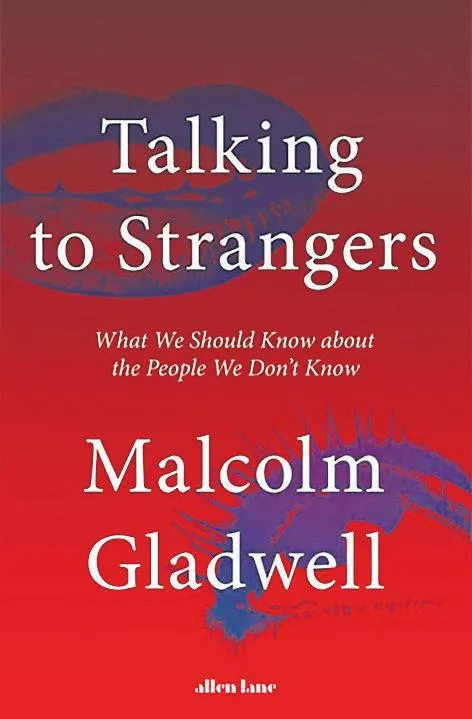Why do human interactions go wrong with such frequency? Why do we struggle to recognise when we’re being deceived? Why do we jump to inaccurate conclusions, with often devastating consequences?
These are the sort of questions Malcolm Gladwell – a staff writer for The New Yorker once described as one of the world’s 100 most influential thinkers by TIME magazine – wants us to wrestle with in his latest book, Talking to Strangers.
The book begins and ends with the tragic case of Sandra Bland, an African American woman who committed suicide in police custody after being stopped by a Texas policeman, Brian Encinia, in 2015. What began as a random traffic stop ended up with a heated argument and Bland’s arrest and detention. Whilst for many this case was all about systemic racism, and for others it was simply one bad police officer, Gladwell takes it as a case study in what can go wrong when we don’t know how to talk to strangers.



